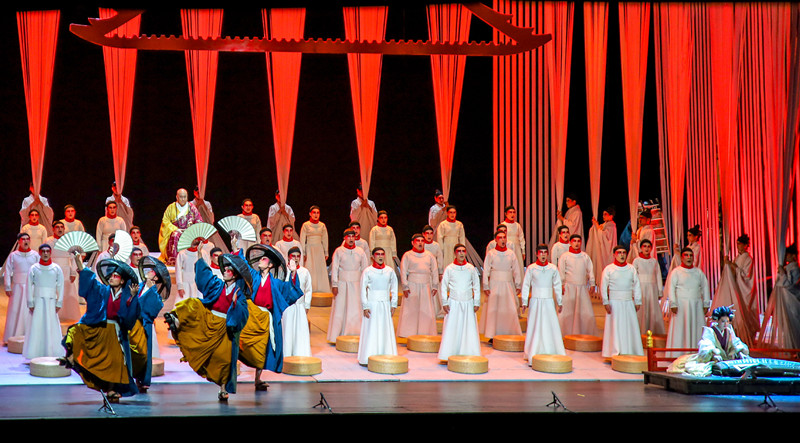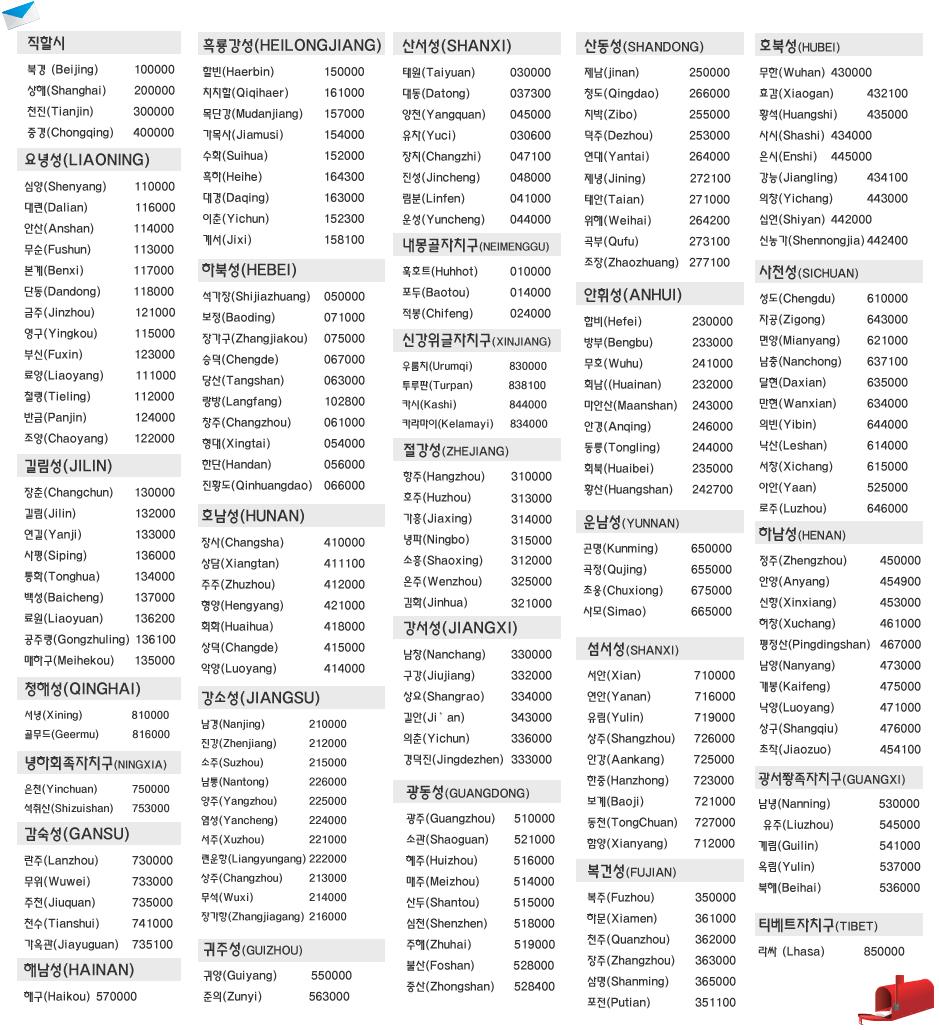

Bianzou Biankan (Chinese: 边走边看) travel show taking the listener to a new location with each episode.Laowai's Viewpoint (Chinese: 老外看点 Pinyin: lao wai kan dian) international news program with three hosts from different countries.CRI News Radio can be heard online and in Beijing on the radio on 90.5 FM in Tianjin 90.6 FM in Chongqing 91.7 FM in Guangdong, Hong Kong, and Macau 107.1 FM in Shandong 89.8 FM in Anhui 90.1 FM. Its aim is to make CRI News Radio a first-class national news radio brand and its slogans are 'First News, News First', 'On-the-Spot China, Live World' etc. CRI News Radio (90.5 FM)ĬRI News Radio (CRI环球资讯广播) was established on 28 September 2005, which takes advantage of CRI's journalists from all around the world and report international (and partially domestic) news, sport, entertainment and lifestyle programmes for domestic listeners in Mandarin Chinese. The service later expanded to dozens of major cities across the PRC, providing listeners inside the PRC with timely news and reports, music, weather, English and Chinese learning skills, as well as other services. Mandarin ChannelĪt the beginning of 1984, it started to broadcast home service to the Beijing area on AM and FM frequencies. CRI maintains direct shortwave broadcasts to developed, media-rich countries in North America and Europe, even as major Western broadcasters (such as BBC World Service, Voice of America and Radio Netherlands) reduce or discontinue such broadcasts. Shortwave broadcasts in English are targeted at North America, the Caribbean, Europe, Africa, Asia and the South Pacific. There are also numerous AM and FM relays. Short wave/international broadcastingĬRI broadcasts via shortwave radio, satellite and the Internet in English and numerous other languages (see below). Its online broadcasting platform- China International Broadcasting Network(CIBN)was formally established in 2011. On Januthe name of the station was again changed, this time to China Radio International, in order to avoid any confusion with local Beijing radio broadcasting. Its name was changed to Radio Peking on Apand to Radio Beijing in 1983.

The station moved from the Taihang Mountains to the capital, Peking, when The People's Republic of China was formed in 1949. The English service started on September 11, 1947, transmitting as XNCR from a cave in Shahe in the Taihang Mountains, when China was in the midst of a civil war, to announce newly conquered areas and broadcast a Chinese political and cultural perspective to the world at large. XNCR transmitted to a larger geographical area after 1945, and its programs became more regular and formalised with broadcasts of news, official announcements, war bulletins, and art and literary programs. Xinhua New Chinese Radio (XNCR) went on the air from Yanan on December 30, 1940.

The Chinese Communist Party first used radio in Yanan in March 1940 with a transmitter imported from Moscow. More than 50 shortwave transmitters are used to cover most of the world it is broadcast via the internet and numerous satellites and its programs are rebroadcast by many local FM and AM radio stations worldwide. Its overseas reporting involves 65 languages.ĬRI has the most comprehensive foreign service in Asia. It has 32 overseas correspondent bureaus and 6 main regional bureaus, and broadcasts over 2700 hours of programming each day (24 hours in English), including news, current affairs, and features on politics, the economy, culture, science and technology. Unlike those broadcasters, CRI's control via indirect majority ownership or financial support of radio stations in various nations is not published. And it is trying to employ new media to compete with other international media. As with other nations' external broadcasters such as Voice of America, BBC World Service and Radio Australia, CRI claims to "play a significant role in the PRC's soft power strategy" and "going out " police, aiming to expand the influence of Chinese culture and media in a global stage. CRI claims that it "endeavours to promote favourable relations between the PRC and the world". CRI adopts the PRC Government's stance on political issues such as the Political status of Taiwan and the status of the Dalai Lama.


 0 kommentar(er)
0 kommentar(er)
